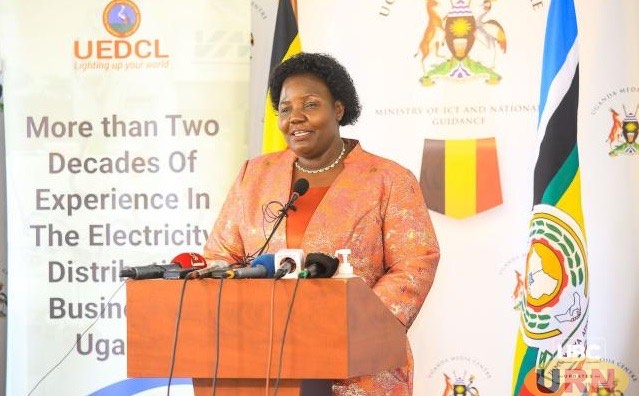Uganda Electricity Distribution Company Ltd (UEDCL) has officially secured the power distribution license to take over from Umeme Ltd, with the transition set for April 1, 2025.
The move follows the expiration of Umeme’s 20-year concession in March 2025, aligning with the government’s strategy to reclaim and reassign expiring distribution licenses from private firms.
Umeme’s entry into Uganda’s electricity sector in the early 2000s came at a time when the industry was struggling with an ageing and underfunded system managed by the Uganda Electricity Board. To modernize power distribution, the government unbundled the sector into generation, transmission, and distribution, opening the door to private investment.
In 2004, Umeme was awarded a 20-year concession, leading to the company’s creation through a consortium involving the UK’s Globeleq and South Africa’s Eskom. The official transfer of assets from UEDCL to Umeme took place on March 1, 2005.
Over the years, Umeme played a significant role in modernizing the grid, upgrading substations, replacing outdated transformers and poles, and reducing technical and commercial losses. The introduction of pre-paid metering, known locally as Yaka, improved revenue collection and minimized billing defaults. By 2019, the company’s customer base had exponentially grown, with ongoing expansion efforts to meet rising demand.
Minister for Energy and Mineral Development Ruth Nankabirwa emphasized the government’s commitment to maintaining uninterrupted electricity services during the transition. She noted that four distribution licenses had already been repossessed and reassured the public of a smooth handover.
“I wish to assure all Ugandans that we remain fully committed to the continuity of electricity services during this critical period,” Nankabirwa stated. “Affordability, access, quality, and reliability remain our top priorities.”
Under UEDCL, the tariff structures currently in place—including the lifeline tariff, declining block tariffs, and time-of-use arrangements—will remain unchanged to ensure a seamless transition for consumers.
The Ministry of Energy has set ambitious targets: 80% electricity access within three years and universal access by 2030, in line with Vision 2040 and the National Development Plan III Electrification Strategy. These goals will be pursued through both on-grid and off-grid solutions, supported by the Electricity Access Scale-Up Project (EASP).
As part of the transition, the government has pledged to expand and rehabilitate key infrastructure, including substations, transformers, lines, and poles. Nankabirwa urged the public to safeguard these investments.
“I call upon all Ugandans to protect the electricity infrastructure, fulfil their obligations by paying for electricity services, and refrain from power theft or vandalism,” she said, emphasizing the importance of preserving the integrity of the power supply.
A key aspect of the transition is ensuring job security for employees. Under the Lease and Assignment Agreement governing the asset retransfer, 2,712 positions have been secured exclusively for current UEDCL and Umeme employees.
The UEDCL Board will oversee the recruitment process, with Nankabirwa encouraging all eligible staff to apply once vacancies are advertised. UEDCL Board Chairman Francis Tumuhairwe reassured employees: “Umeme staff are going to be part of us. No one should be worried.”
While the transition is expected to be smooth, Nankabirwa acknowledged recent power cuts, attributing them in part to the changeover. “Challenges are inevitable. They are consequential to the transition,” she noted, expressing confidence that UEDCL would swiftly address any initial hurdles.
The financial aspects of the transition are also under review. The Office of the Auditor General is assessing Umeme’s outstanding investment buyout, with the Ministry of Finance, Planning, and Economic Development ensuring that payments are made on time to facilitate a seamless handover.
Meanwhile, the Electricity Regulatory Authority (ERA) commended Umeme for its cooperation with regulators and the ministry, which helped secure declining tariffs and timely payments—factors that have encouraged further government investment in the sector.
As Uganda’s electricity generation capacity rises to 2,052.6 megawatts—up from just 300 megawatts when Umeme’s concession began—the country faces ongoing challenges such as power theft and equipment vandalism. ERA Chief Executive Officer Ziria Tibalwa Waako warned that despite increased enforcement, these issues continue to hinder progress.
However, ERA remains committed to job retention, noting that 98% of employees in previously repossessed concessions have kept their jobs. With its decades of experience, UEDCL is poised to oversee power distribution with a focus on stability, efficiency, and continued service improvement, marking a new chapter in Uganda’s energy landscape.


